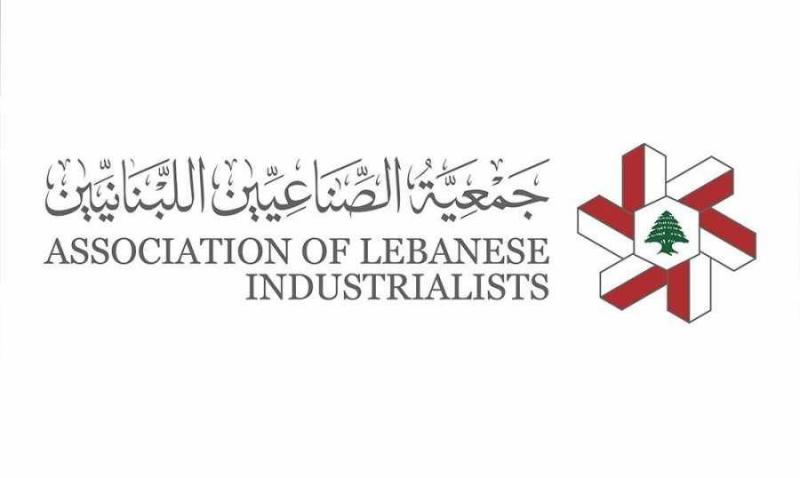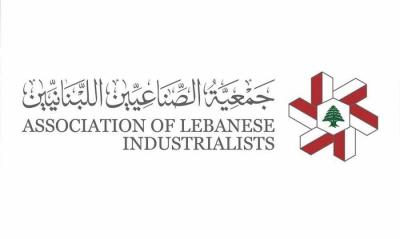The Emergency Production Committee, which includes the Minister of Industry in the caretaker government Imad Hoballah, the Association of Industrialists, industrial deputies, the General Labor Union, and the unions of the food and pharmaceutical industries, announced a meeting via Zoom to discuss the negative impacts resulting from the disruption of production cycles in several vital production sectors on the future of these sectors and their roles, as well as on the economic, social, and living conditions.
The National News Agency reported today that the attendees issued a statement expressing support for all efforts to combat the spread of the coronavirus, emphasizing that these efforts must be national, comprehensive, and marked by the highest levels of solidarity and mutual assistance among various segments of society. The participants expressed full solidarity with the health sector, including hospitals, doctors, nurses, and all workers in this field, alongside the Lebanese Red Cross, pledging to support them in this fierce battle affecting all areas without exception.
The attendees stressed that industrialists adhere to the utmost preventive measures and are fully prepared to conduct PCR tests for all factory workers and employees. The Association of Industrialists will seek, in cooperation with the Ministry of Industry, to obtain the coronavirus vaccine for workers in the industrial sector.
The meeting highlighted the necessity of reopening production sectors that will not negatively impact efforts to contain the pandemic and that play a fundamental role in supplying the community with essential needs, as well as supporting the resilience of the economic and social situations and slowing down the collapse, particularly regarding poverty and unemployment. They pointed out that at the top of the list are the food and pharmaceutical industries, serums, mills, bakeries, the agricultural sector, poultry, and cattle farming. Complementary industries such as canning, packaging, and printing are equally critical as, without them, providing these products to consumers would not be possible.
The attendees emphasized the need to resume operations for continuous process industries, which require a complex nature of work and necessitate operation 24/7.
Regarding exports, the attendees indicated that this issue is considered a national concern for several reasons, mainly that halting exports will lead to the loss of promising orders on the eve of Ramadan, as well as the potential loss of external markets that industrialists have established over decades in the face of fierce international competition. They noted that failing to meet commitments and deliver contracted goods to overseas customers within specified deadlines would result in losing contracts, as well as incurring penalty fees, in addition to depriving Lebanon of export revenues in hard currencies, which it desperately needs amid its financial crisis.
The industrialists called for the urgent implementation of measures that would allow for the export of industrial production, asserting that exports are a national priority. There is an urgent need to permit factories to resume their export activities as soon as possible, pointing to demands from several exempt sectors such as the pharmaceutical industry, certain food industries, and agricultural exporters who are complaining about a severe shortage of canning and packaging products, warning of the potential disruption of these vital industries in the markets.
At the end of the meeting, the committee announced that it would keep its meetings open, continuing to communicate with relevant parties to convey its voice and legitimate demands, particularly for the expedited establishment of the platform for exceptions to productive and exporting sectors and its activation, to enable these industries to resume their activities today rather than tomorrow. They noted that they are in the process of developing an action plan for the industrial sector for 2021 to maintain its production capacities and national role.




